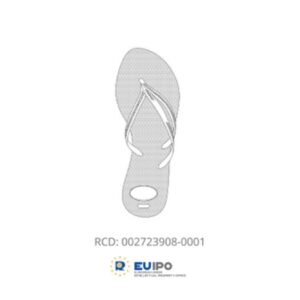A small winemaker in Sardinia is in a David v Goliath battle with Red Bull over the branding of his first wine bottles.
The dispute started in September when Muggittu Boeli winery, which is located on the Italian island of Sardinia, published their trade mark application. Mattia Muggittu, who is the owner of the winery received a legal notice from Red Bull to either remove or change their logo as it is too similar to the Red Bull Mark. The Red Bull Mark can be described as two bulls charging at each other into a golden sun. The winery claims that the marks are not similar and have described their mark as two oxen pulling a plough. Moreover, the logo is considered to be a tribute to winemaking traditions of the geographical location that gives substance to their wine and the logo itself is based on a scenery set in 3500BC. However, even with this information, Red Bull continued with their lawsuit.
Mattia Muggittu made a statement in an interview where he contradicted Red Bulls claim and stated “We didn’t imitate Red Bull’s logo at all, on it you do not see bulls, but oxen, which are a symbol of our viticulture. Because we still plough with oxen.”
Currently, Muggittu Boeli winery has produced 2000 bottles of Boeli wine which is only sold in Sardinia, which can be compared to Red Bull who have globally sold 11.5 billion cans in 2022 which generated a turnover of £10.25 billion. It is clear that in terms of resources Muggittu is unable to match Red Bull. However, people around Sardinia have been supporting the local winery and encouraging Muggittu to fight this lawsuit against Red Bull.
Currently the two companies, the small Muggittu Boeli winery and Red Bull, have two months to find a reconciliation. If a solution cannot be found, then court proceedings will commence.
By Abhiraj Aujla, an LLM student at Solent University.











